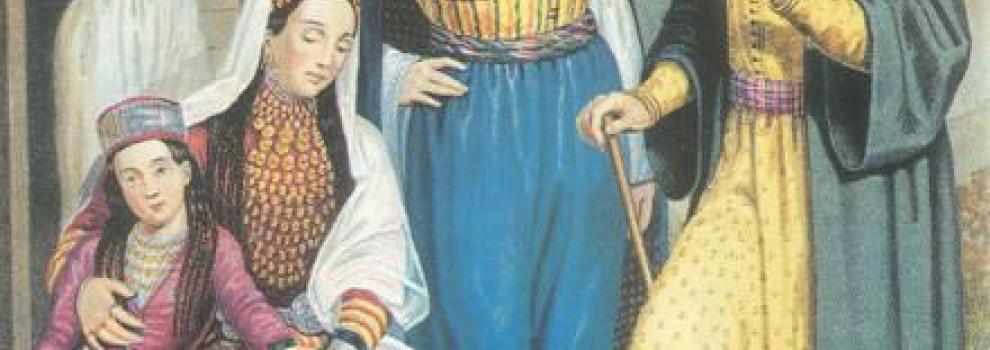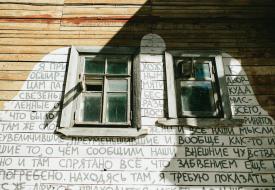
The Crimea as Other, The Crimea as Self
Past event
Cancelled
Postponed
24 Oct.'18
- 19:30
Sara Dickinson
The Crimea, considered by Euripides to lie “beyond Europe’s land/and Europe’s sea” in “the alien wilderness of Asia”, has long defined the edge of European culture. It has represented a border land for many cultures, both European and Asian, including Greek, Turkish, Tatar, Genoese and Russian. Crimea’s supposed exoticism became evident in European travel writings after 1783, when Catherine II (“The Great”) conquered the Crimea and opened it to European travel. Many intrepid Europeans, in recounting their journeys, underline the Crimea's "Otherness" or difference from a European or Russian norm.
The travelers' emphasis on the Crimean Otherness — in terms of both geography (landscape, climate) and population (especially Islamic Tatars) — helped to demonstrate that Russia was essentially a European power. This talk will focus instead on traveler's often problematic perceptions of concrete encounters with the Crimean Other. As we know, constructions of the Other are based in part on our ideas of ourselves, but also on our ideas of what sorts of qualities or attributes bear note, and on the ways in which we register and evaluate difference. With this in mind, we will examine the encounters with Crimean exoticism described by two Western women: the first (British) visited the Crimea in 1786, on the eve of Catherine's own trip to her newly acquired lands, and the second (Russian) in 1852-1853, on the eve of the Crimean War. Our specific focus will be these women's descriptions of their private meetings with Islamic Tatar women.
Sara Dickinson is an associate professor of Russian literature and culture at the University of Genoa ( Italy). She earned degrees in Slavic Languages and Literatures from the University of Chicago (B.A.), Indiana University (M.A.), and Harvard (Ph.D.), and taught for several years at Ohio State University. Her research focuses primarily on the 18th- and 19th-century Russian literature and culture and addresses topics relating to travel writing (especially imaginary geography and identity); Russian women's writing (through the mid-19th century); the evolution in Russian literary tradition of certain emotions — namely, toska (anguish), toska po rodine (longing for the homeland), and nostalgia.
Practical information
Dates
Location
Bertouille Rotunda
Rue Ravenstein 23 1000 BrusselsLanguage
- English
Free entrance for university students and KU Leuven staff.
Partners
- Centre for Russian Studies
- KU Leuven

